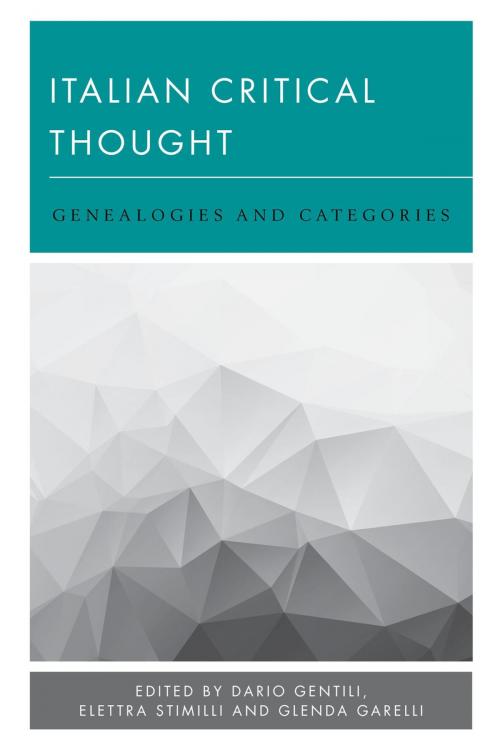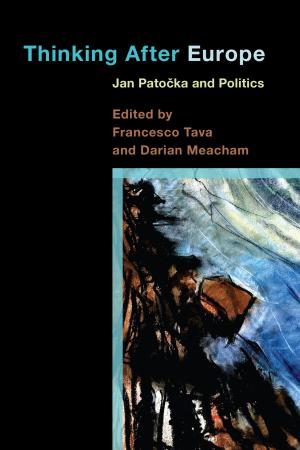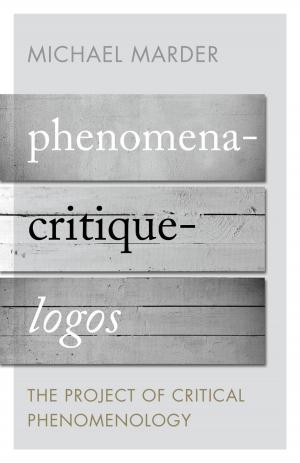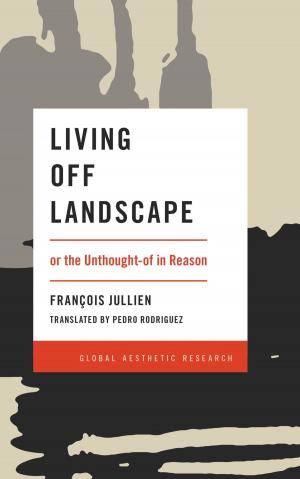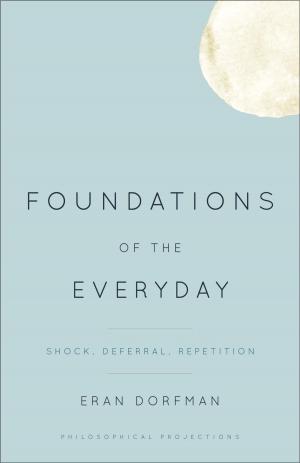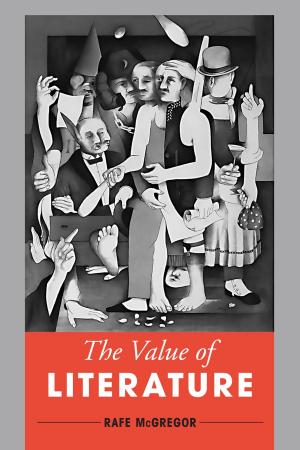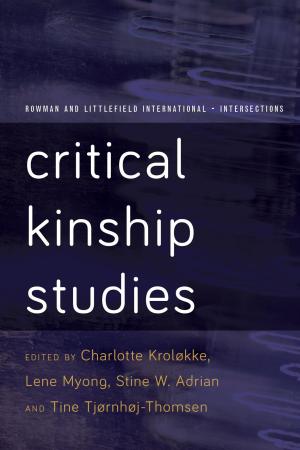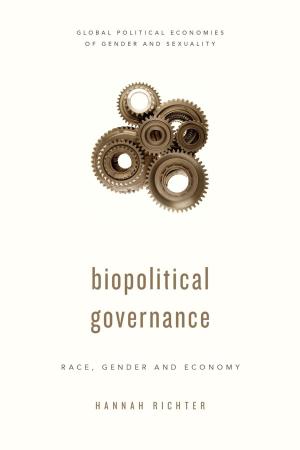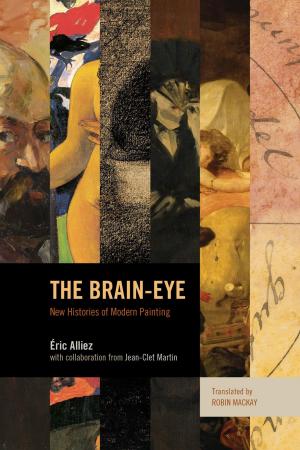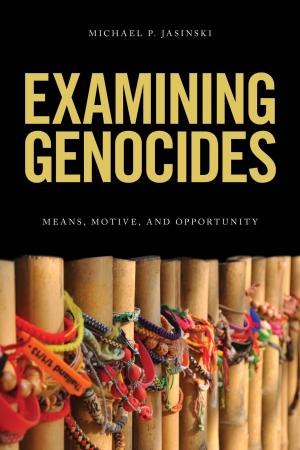Italian Critical Thought
Genealogies and Categories
Nonfiction, Religion & Spirituality, Philosophy, Political, Social & Cultural Studies, Political Science| Author: | ISBN: | 9781786604521 | |
| Publisher: | Rowman & Littlefield International | Publication: | August 24, 2018 |
| Imprint: | Rowman & Littlefield International | Language: | English |
| Author: | |
| ISBN: | 9781786604521 |
| Publisher: | Rowman & Littlefield International |
| Publication: | August 24, 2018 |
| Imprint: | Rowman & Littlefield International |
| Language: | English |
Italian philosophical and political thought has been receiving ever-growing attention in international debates. This has mainly been driven by the revival of the Italian neo- and post-Marxist tradition and of the Italian interpretation of French Theory, in particular of Foucault’s biopolitics. So, is it now possible to speak of an ‘Italian Theory’ or an ‘Italian difference’ in the context of philosophical and political thought?
This book collects together leading names in Italian critical thought to examine the significant contributions that they are giving to contemporary political debates. The first part of the book draws a possible genealogy of the so-called ‘Italian Theory’, questioning the possibility of grouping together many authors, and political and theoretical approaches which are often reciprocally in conflict. The second part of the book presents certain categories that have become characteristic of Italian Thought for their original interpretation and use by some of the authors recognized as part of the Italian Theory tradition, from biopolitics and political theology to crisis and immanence.
Italian philosophical and political thought has been receiving ever-growing attention in international debates. This has mainly been driven by the revival of the Italian neo- and post-Marxist tradition and of the Italian interpretation of French Theory, in particular of Foucault’s biopolitics. So, is it now possible to speak of an ‘Italian Theory’ or an ‘Italian difference’ in the context of philosophical and political thought?
This book collects together leading names in Italian critical thought to examine the significant contributions that they are giving to contemporary political debates. The first part of the book draws a possible genealogy of the so-called ‘Italian Theory’, questioning the possibility of grouping together many authors, and political and theoretical approaches which are often reciprocally in conflict. The second part of the book presents certain categories that have become characteristic of Italian Thought for their original interpretation and use by some of the authors recognized as part of the Italian Theory tradition, from biopolitics and political theology to crisis and immanence.
